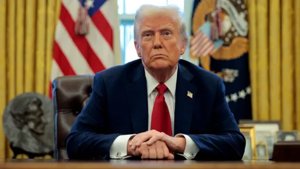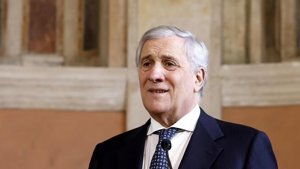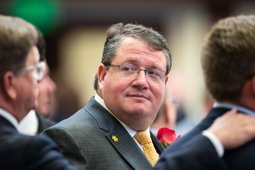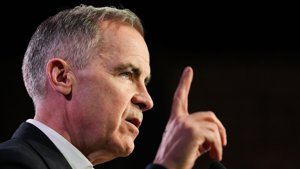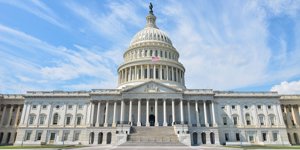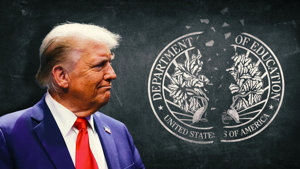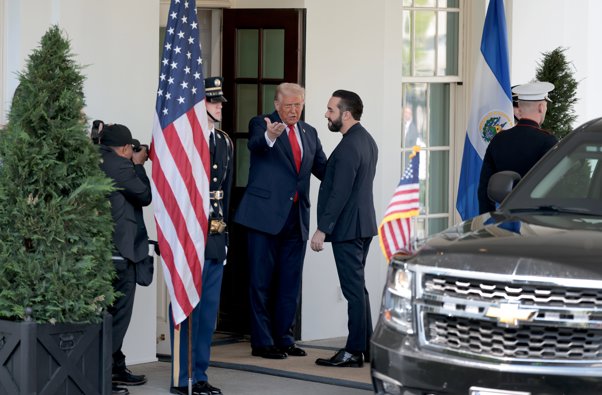
Trump, Bukele Push Tough Crime Measures
United States President Donald Trump hosted Salvadoran President Nayib Bukele in Washington on Monday for a high-profile meeting and working lunch centered on migration, public safety, and prison reform. The visit comes amid intensifying criticism over the Trump administration’s continued deportations of Salvadoran nationals, including some individuals with no proven criminal records.
One case drawing particular controversy involves Kilmar Armando Abrego Garcia, a Maryland resident mistakenly deported to El Salvador and currently imprisoned. Despite a Supreme Court order, the U.S. government has yet to facilitate his return. Hours before the leaders met, Secretary of State Marco Rubio confirmed the deportation of 10 more individuals alleged to have gang ties.
In their discussion, Bukele championed mass incarceration as a necessary means to ensure national security, equating El Salvador’s crackdown on crime to a model the United States could follow. “We turned the murder capital of the world into the safest city in the Western Hemisphere,” Bukele stated. He added, “To free 350 million Americans, some people must be jailed.”
President Trump echoed this stance, lauding Bukele’s efforts to combat crime and suggesting that expanding El Salvador’s prison system could support both countries’ goals. “They are very strong facilities and they don’t play games,” Trump said, offering U.S. assistance in further prison construction. The leaders presented a united front on hardline strategies, despite international criticism of their punitive policies.
In addition to migration enforcement, Trump and Bukele also discussed cooperation in regulating digital assets, an area both administrations are exploring amid rising global interest in cryptocurrencies and financial security.
As questions about civil liberties and due process grow, the alignment between Washington and San Salvador reflects a broader shift toward enforcement-heavy governance in the Western Hemisphere. The joint emphasis on detention, deportation, and digital regulation signals a continued partnership between the two presidents as they push forward with their security agendas.

